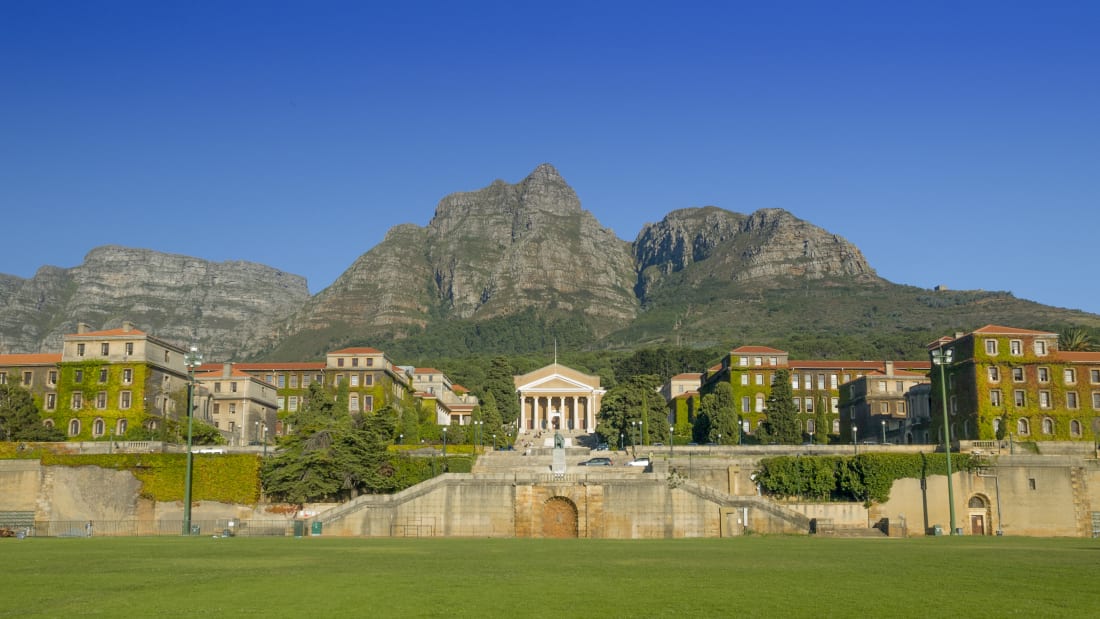Study PHD in Japan 2024
Change currency
Basic monthly living cost
Rent in a shared flat
344Share of utilities
45Internet subscription
30Local transportation
33
Sample lifestyle cost
Fast food combo
5Cinema ticket
11Pint of local beer
2
Visa Requirements
Which visa you need depends on how long you are going to study in Japan:
- Short-term courses up to 90 days: many nationalities can visit Japan for up to 90 days on a visa waiver. When you arrive in Japan you will get a sticker in your passport, which shows that you can stay in Japan for 90 days. If you travel on a visa waiver you must have a return ticket within 90 days.
- Long-term courses longer than 90 days: For courses that are 20 weeks (two quarters) or longer you should apply for a student visa. The Japanese college student visa is also known as Ryugaku."
What type of Visa do you need?
Visa name
Student Visa
Price and currency
JPY 3000
The visa application fee is about 3,000 yen for single entry, and 6,000 yen for a double-entry or multiple-entry.
Please note that the visa application fee is not fixed, and depends on the nationality of the student and course being pursued. The best way is to contact the Consular Section of the Embassy or Consulate General of Japan that is closest to you.
Who can apply for the visa?
All foreign students coming to study full time in Japan for more than 3 months must have a visa.
Where can you make the application?
Japanese Embassy
The first part of the application process is done through your university. You will get your visa from the Japanese Embassy in your home country.
How to make the application?
Applying for a student visa to Japan is a multiple-step process.
1. First, you fill in different visa application documents and submit them to your school. Once you apply to a school they will send you the following documents that you need to fill in and submit to the school:
- An application form where you fill in data about yourself and the course.
- A personal history form where you fill in your educational and occupational history.
- Application essay - motivate why you want to study in Japan.
- Diploma and transcript from the last school you have graduated from, translated into English or Japanese.
- Certificate of previous Japanese studies if applicable.
- A copy of your passport
- Passport photos
- Medical history - some schools ask for your medical history or tuberculosis check-up but many schools don’t.
- You also need to prove that you can pay for your course and support yourself in Japan.
2. The school checks that your application is complete before they rewrite it and submit it to the immigration authorities in Japan. About one month before your course starts they will issue a Certificate of Enrollment (CoE). The school will send you the CoE as soon as it has been issued and you have paid for your first semesters.
3. The final step to get a student visa to Japan is to make the visa application at the Japanese Embassy in your home country. To do this you need to submit:
- Your CoE
- Your passport
- A passport photo
- A visa application form filled in digitally or by hand using block letters.
When should you apply?
University deadline for visa applications is often about five months before the course starts, so make sure to apply earlier. High-ranking language schools and universities sometimes can take later applications too.
It takes a minimum of 5 working days to process the visa including the date of submission. You should also not apply before 90 days from intended date of travel.
Processing time
5 Days
Work opportunities
The Japanese student visa allows part-time work for up to 28 hours per week.
Anyone with a student visa staying longer than 6 months and wishing to work must submit an application for “Permission to Engage in Activity Other Than That Permitted by the Status of Residence Previously Granted.” This can be done immediately upon arrival at the airport or later on at a local immigration bureau. There is no fee, so make sure to do so if you plan on working.
Hours per week
28
Why do you need this type of visa?
If you submit a complete application you will almost always get your visa from the Japanese Embassy. However, they can deny you if the information is incomplete or if you, for example, have some serious criminal record.
Here are some things to keep in mind to avoid a denial of a Japanese student visa:
- Perhaps the biggest risk of rejection is due to insufficient sponsorship requirements.
- Only one school can apply on your behalf for a student visa! If you try to hedge your bets by applying through multiple schools, you will probably get rejected.
- Please remember not to staple your documents.
- An incomplete file will be refused, remember to thoroughly check your application.
Institutions
- Toyo University
- Eikei University of Hiroshima
- Ghent University - Faculty of Engineering and Architecture
- FGV EBAPE - Brazilian School of Public and Business Administration
- Waseda Business School
- NCUK
- Yamagata University
- Tottori University
- Tokyo University Of The Arts
- Nagoya University Of Foreign Studies (NUFS)


